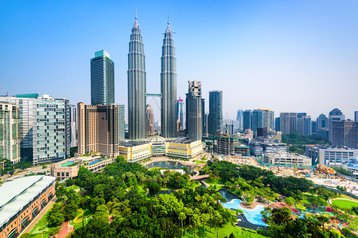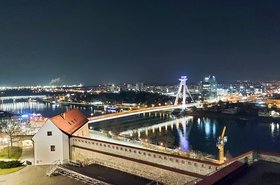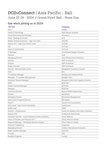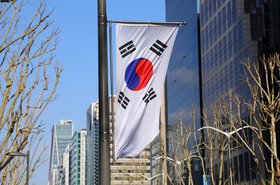The European Union and the US have reportedly warned Malaysia about the risks of involving Huawei in the build-out of its 5G infrastructure.
An article from the Financial Times notes that both the EU and the US wrote to the Malaysian government last month after it decided to review a decision to award Ericsson a $2.5bn tender to build a state-owned 5G network.
The EU and the US have told Malaysia that working with Chinese vendor Huawei is a risk to national security, with the FT stating it had seen the letters sent from the EU and US envoys.
Interest from the US is hardly surprising, with the country blacklisting Huawei due to perceiving the vendor to be a risk to national security, prompting other countries including the UK, Australia, and Canada to also clamp down on Huawei.
Another European country, and a key member of the EU, Germany, is also said to be considering banning Huawei along with Chinese rival ZTE from parts of its 5G network.
Malaysia's 5G review was due to be completed by the end of March, however, the country's Prime Minister Anwar Ibrahim last month revealed plans to introduce a second 5G network next year.
This has reportedly pricked Huawei's interest in playing a role in the build-out, with the FT adding that the vendor could lobby for a role in the second 5G network.
In the letters, the FT said that Brian McFeeters, the US ambassador to Malaysia, warned of “national security risks” unless Malaysia stuck with its original plan for 5G deployment.
“Senior officials in Washington agree with my view that upending the existing model would undermine the competitiveness of new industries, stall 5G growth in Malaysia, and harm Malaysia’s business-friendly image internationally,” said McFeeters, as reported by the FT.
“The US and other countries prioritize a fair and transparent review process and contract sanctity, as does the international business community. Allowing untrusted suppliers in any part of the network also subjects Malaysia’s infrastructure to national security risks.”
A second 5G network will rival the state-founded Digital Nasional Berhad (DNB), the company managing the country's single wholesale 5G network.
The DNB was set up by the previous government, with the intention of reducing costs and improving efficiency.
But the DNB has not been without controversy, with the current government accusing the company of not being transparent, and alleging 'no proper tender process' was carried out.
Initially, all of the major Malaysian operators agreed to the single wholesale network, but only CelcomDigi, Telekom, and YTL penned an agreement to take an equity share in the DNB's shared 5G network, collectively totaling a 65 percent stake in the agency, with the government holding the remaining 35 percent.
Two of the other operators, Maxis and U Mobile, rejected the chance to take up equity in DNB, although U Mobile did sign up for the DNB's 5G network later. As for Maxis, the operator has said that it will await a government review of the DNB, before committing to the agreement.
The DNB has previously said it plans to hit 80 percent coverage by the end of 2024.







